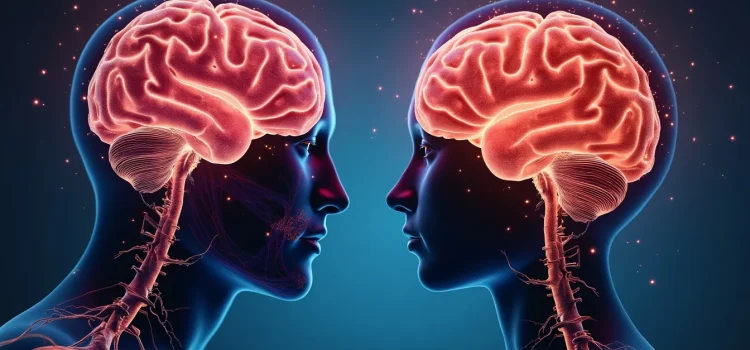Are you looking to make a real difference with your charitable donations? What’s the best way to choose the most impactful charities to support? William MacAskill’s book Doing Good Better offers valuable insights into selecting effective altruism charities. He provides a framework for evaluating organizations based on their cost-effectiveness, evidence of impact, and funding needs. Read on to discover MacAskill’s three key criteria for identifying the most worthy charities to support.
Effective Altruism Charities: 3 Criteria for Vetting Organizations










